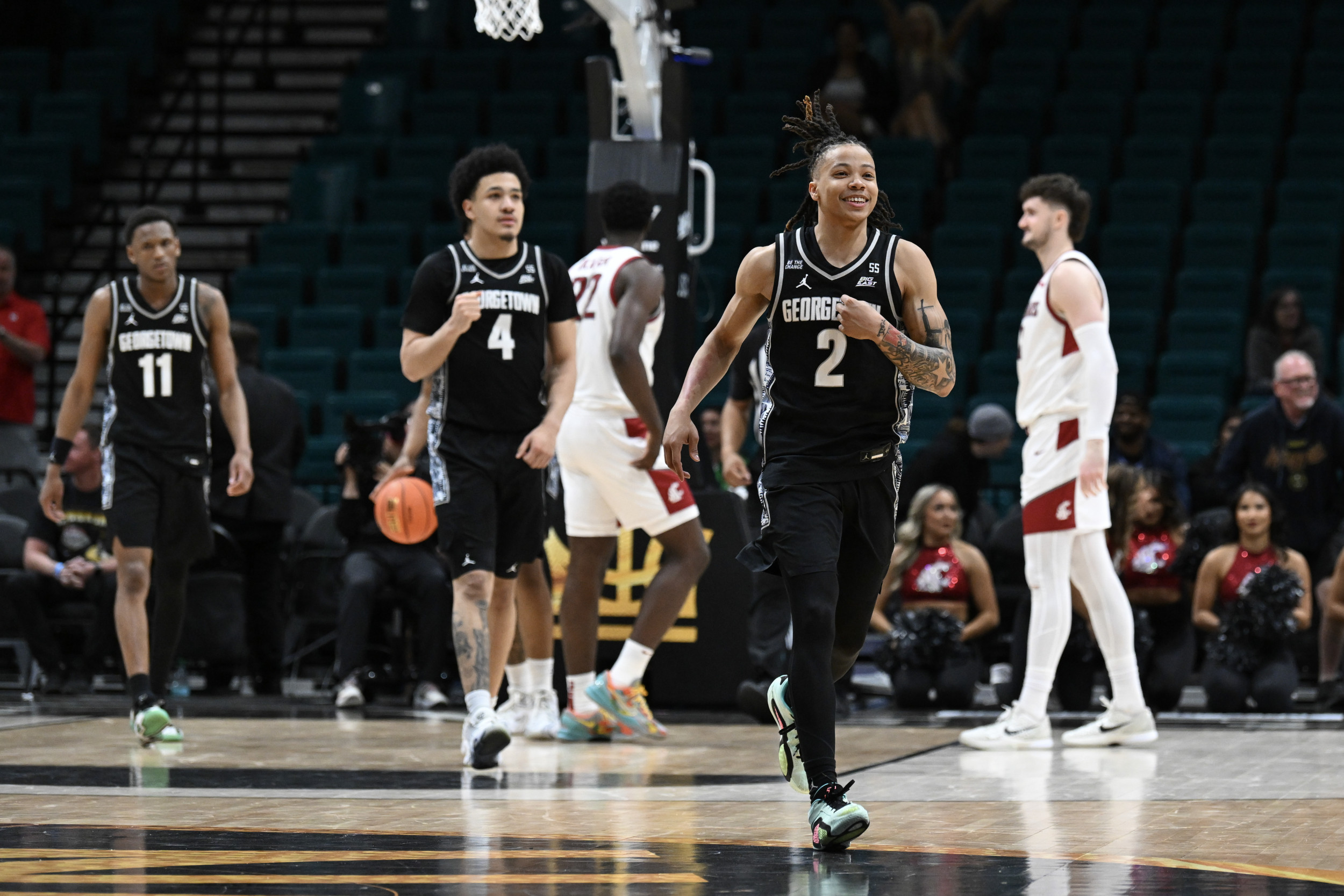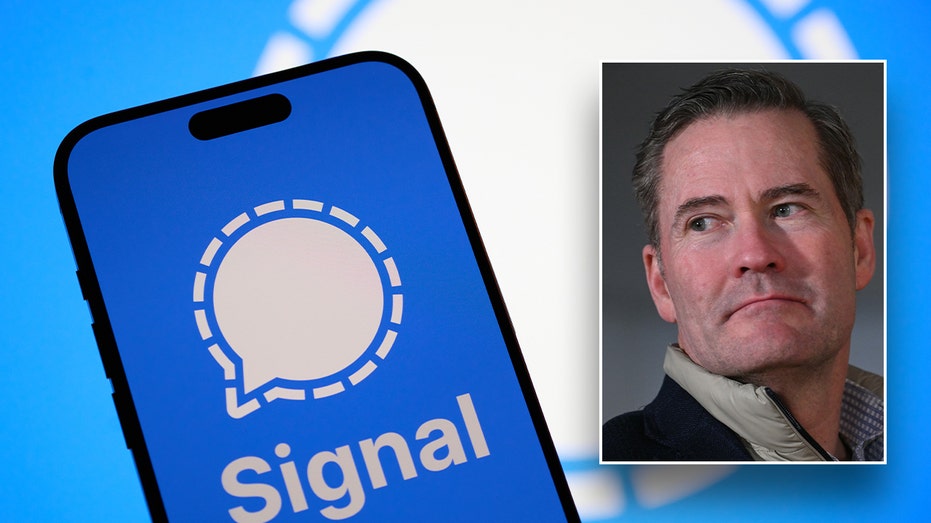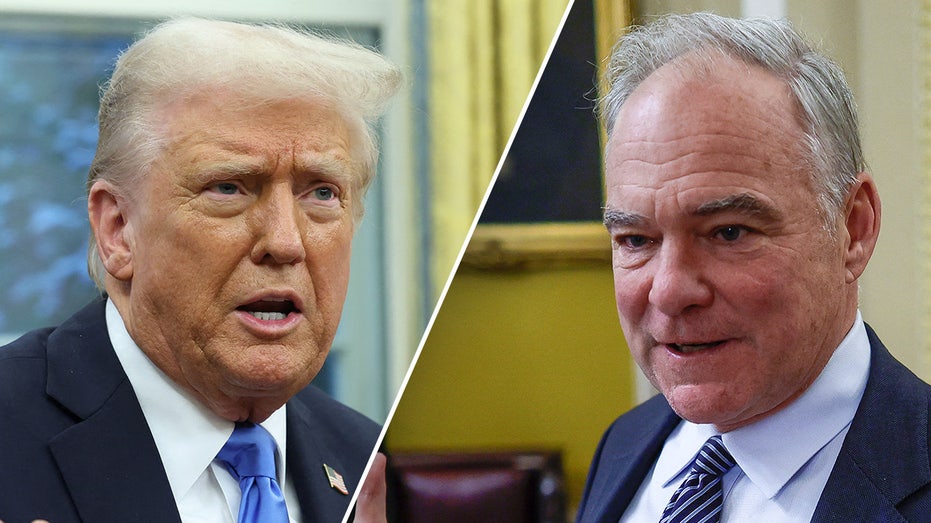
When four US Army soldiers were killed in Lithuania last week during a routine maintenance mission, we learned once again why America needs highly capable allies in Europe who share our values. Three of our closest friends — Lithuania, Poland and Estonia — jumped into the mud to help us in the grim recovery effort and bring our fallen soldiers home. The lost Americans were driving their M88 Hercules armored recovery vehicle through marshy ground near Pabradė, Lithuania.
Operating at night, their heavy vehicle sank into a peat bog under more than 10 feet of water and six feet of mud. The soldiers did not make it out of the M88 in time. The bogs of the Baltics are notorious for being deep, cold and treacherous.

President Trump understands this area. “The Baltics? It’s a tough neighborhood,” he recently said in the White House, adding, “We’re committed to them.” And our allies in this part of Europe are equally committed to the United States.
The Baltics may be tough, but these hardened American friends hold some of the most important real estate in Europe. When things go wrong there, there’s no margin for delay. That’s why it mattered that our allies responded instantly to a new mission: Recovering America’s fallen soldiers.
When the Hercules, designed to retrieve damaged vehicles, sank into the muck, America’s effort to bring home its missing soldiers required boots on the ground, a fleet of heavy machinery , and two rescue dogs from Estonia. This was an emergency — and it revealed something important: America’s alliances are not just maintained through treaties and rhetoric, but through trust, equipment, personnel and shared peril. Lithuanian and Polish soldiers and first responders did not hesitate to help, because they knew America was in need.
This tragedy provides a compelling answer to Vice President JD Vance’s recent question: Does America still share core values with Europe? When America’s soldiers went missing, Lithuania, Poland and Estonia answered: Yes. What do you need to bring your soldiers home? We’ve got it. These countries are among America’s most serious and capable allies.
They have treated the Russian threat not as a theory, but as a constant danger. That mindset has shaped their national defense policies. The nations who helped America in this emergency have all invested more than 2% of their GDP into defense — NATO’s benchmark — in recent years, more than some of America’s other European allies.
The result? When the moment for action came, our frontline friends were ready to assist — and they did not wait for formal diplomatic requests. They rapidly mustered heavy equipment, cranes, logistics, tractors, first responders, dogs — everyone and everything that was necessary to recover America’s missing soldiers. Our frontline NATO allies understood: When a friend is in need, you help.
“I just want to say that I am awestruck,” said Maj. Gen. Curt Taylor, the commander of the US Army’s First Armored Division.
“I am amazed at the level of commitment that we’re seeing from these great Lithuanian soldiers.” This kind of assistance from allies cannot be improvised. It is built in advance — through shared deployments, joint training and a willingness to treat another nation’s losses as your own.
In the cold mud of Lithuania, that principle became real. Through this loss, we glimpse one of America’s most important strategic resources in Europe: Friends who will dive into a swamp beside us to find our soldiers and bring them home. Nothing can ease the burden carried by the US Army families still awaiting answers about their loved ones.
But the mobilization of entire countries eager to assist us in our time of need is vital. It is what Americans should want in an ally. Next time America needs help — and that time will come — President Trump, and all of us, should remember: When our four soldiers were lost, our frontline friends went searching.
They leaped into the mud, without question, with us. Peter Doran is an adjunct senior fellow at the Foundation for Defense of Democracies..















